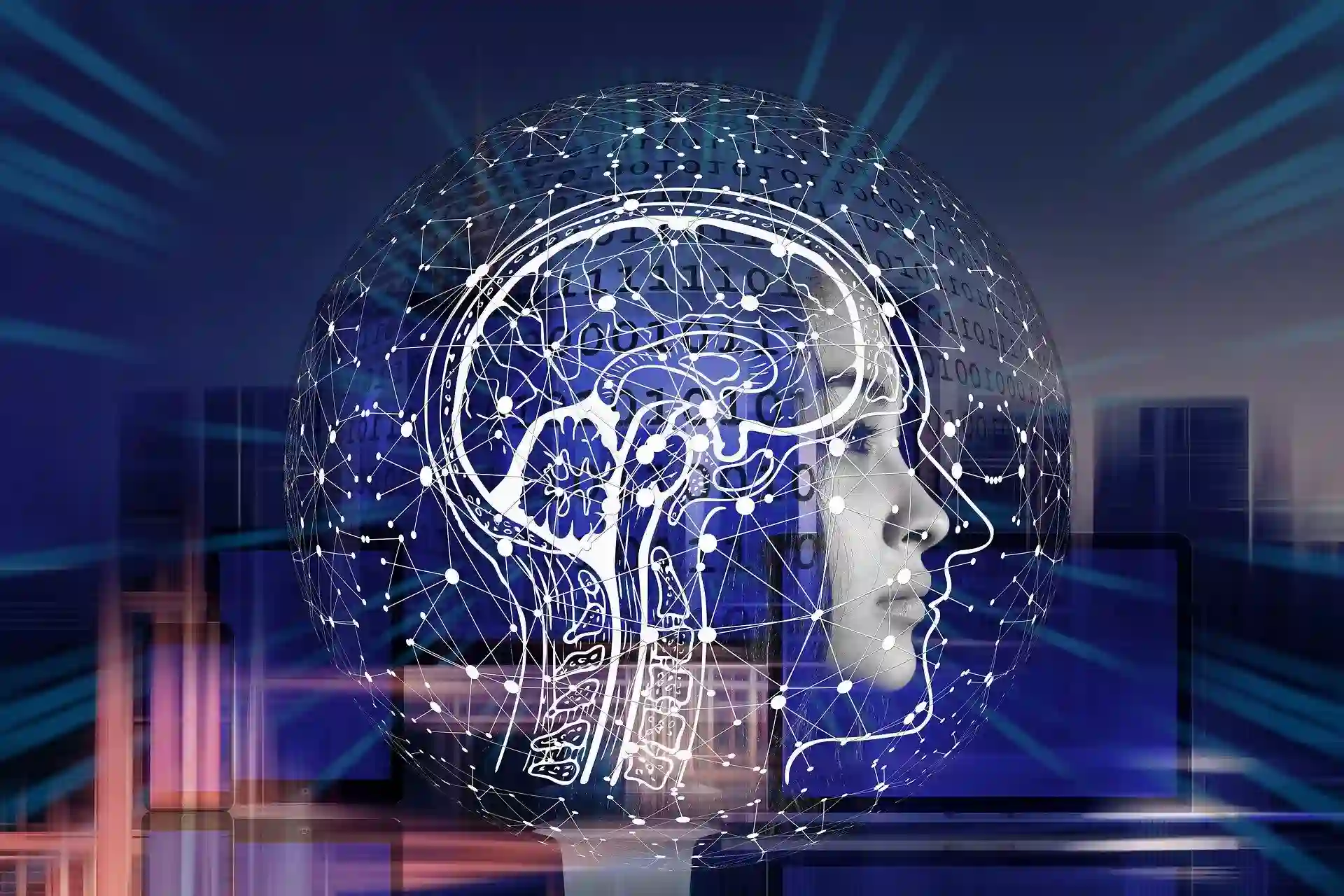
Think of a day when a machine and not a man will take crucial decisions! The meanderings of cutting-edge technologies like Artificial Intelligence (AI) and Machine Learning (ML) make me believe so. Not a make-believe story, this. Technology is reaching the crest of innovation to make it sound and feel real. It's now possible with Decision Intelligence to recommend actions, automate decisions and even forecast the outcomes of decisions. Decision intelligence is the marriage of data science with social science and managerial science. To make it easier to grasp, I can cite the example of Robo advisors acting as decision support systems in financial technology.
Haven't we felt it? A bank asking for additional user authentication when we don't check in from our usual device or Amazon recommending products to users is decision intelligence at work. Today, it has become unavoidable as the Covid pandemic has made business problems and decision-making processes more complex.
Decision intelligence is a must for every business- big or small. From optimizing business decisions to expanding the world GDP, the possibilities abound. #decisions #technology #AI #BusinessIntelligence #MachineLearning @McKinsey https://t.co/pkPcJRMPs6
— Priyadarshi Nanu Pany (@NanuPany) January 28, 2022
Decision intelligence is a must for every business- big or small. From optimizing business decisions to expanding the world GDP, the possibilities abound. #decisions #technology #AI #BusinessIntelligence #MachineLearning @McKinsey https://t.co/pkPcJRMPs6
— Priyadarshi Nanu Pany (@NanuPany) January 28, 2022
It's The Evolution Of Business Intelligence, And Every Business Needs It
We all know of business intelligence (BI). And the value that we can unlock from visualization with data-driven, intuitive dashboards. Decision Intelligence is the evolution of BI. Organizations can transform the data-rich dashboards into comprehensive decision support platforms by embedding AI and ML. Just like bridges and buildings, decisions, too, can be designed. Businesses no longer need AI or ML only for insights; they can deploy these technologies for driving RoIs too. AI-powered decision-making platform is faster than humans in data crunching, analyzing trends and detecting anomalies.
Decision intelligence could increase the world's GDP by as much as $13 trillion by 2030. By 2030, McKinsey predicts that 70 per cent of businesses will be using decision intelligence in some form or the other. It's wrong to assume that only large enterprises would need decision intelligence. Even small businesses and solopreneurs will use these technologies to optimize business decisions. Algorithms and data won't suffice as they don't tell you how to use the info to make real-world decisions. Decision Intelligence answers that question.
The Benefits Go Beyond Removing Bias In Decision Making
Human decision making can be influenced by emotions, cognitive biases, desires and intuition. By contrast, an AI-powered decision machine eliminates bias, makes intelligent predictions based on historical data, and suggests the best possible decisions based on the data sets. A compelling competitive advantage comes from correctly analyzing the available data, making predictions, and choosing the best option. The other benefit is speed. According to McKinsey, only 20 per cent of organizations are satisfied with the speed at which they make decisions. The AI decision-making system speeds up the process as much as possible since they can process vast amounts of data almost instantly. In addition, AI-powered decision-making algorithms can be quite flexible and point out multiple outcomes if one parameter is changed. Business owners can use this feature to make the best decision based on a wide variety of options, taking into account their current goals and growth strategies.
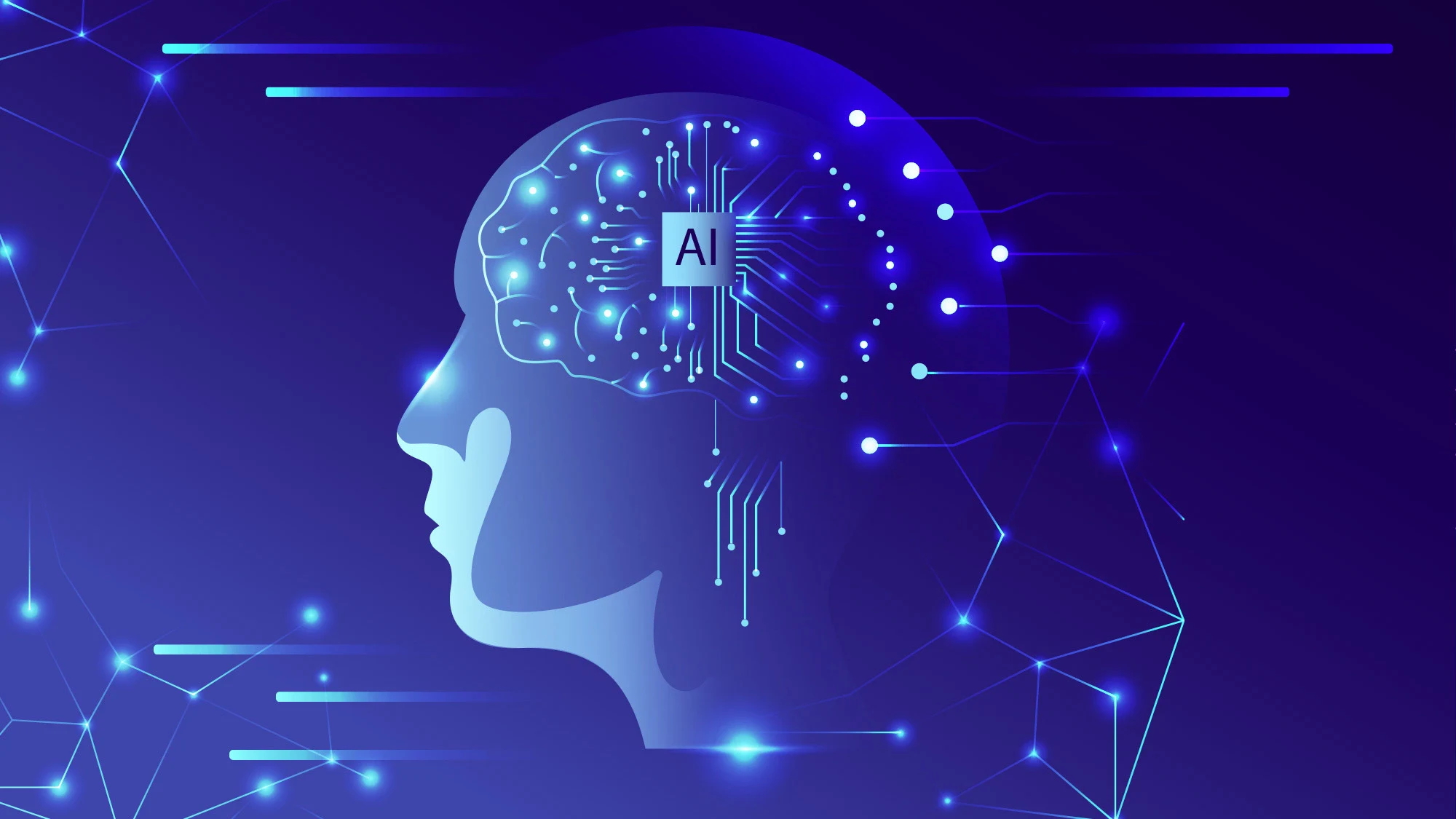
The Use Cases Grow, But Human Touchpoint Can't Be Ignored
The applications of decision intelligence are rising, notably in banking, retail and logistics. As an AI powered platform, it promises to transform business outcomes with its ability to predict prices of goods and map consumer demand and sentiment. It can even be handy for real-time truck and freight optimization to reduce superfluous transportation and costs in logistics.
But it would be premature and dicey to surrender critical decision making to a smart machine. Decision intelligence can supplement but not supplant human decision making. The human touchpoint will not disengage from decisions anytime sooner.
This arcticle was first published on Priyadarshi Nanu Pany's LinkedIn.




































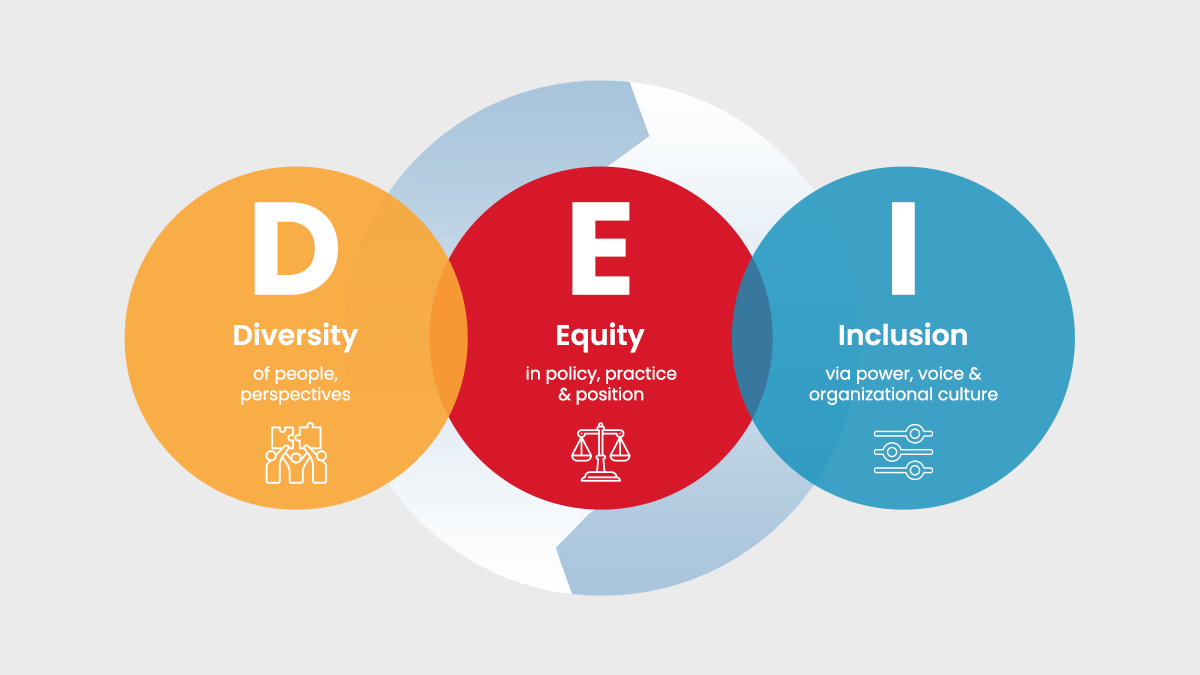




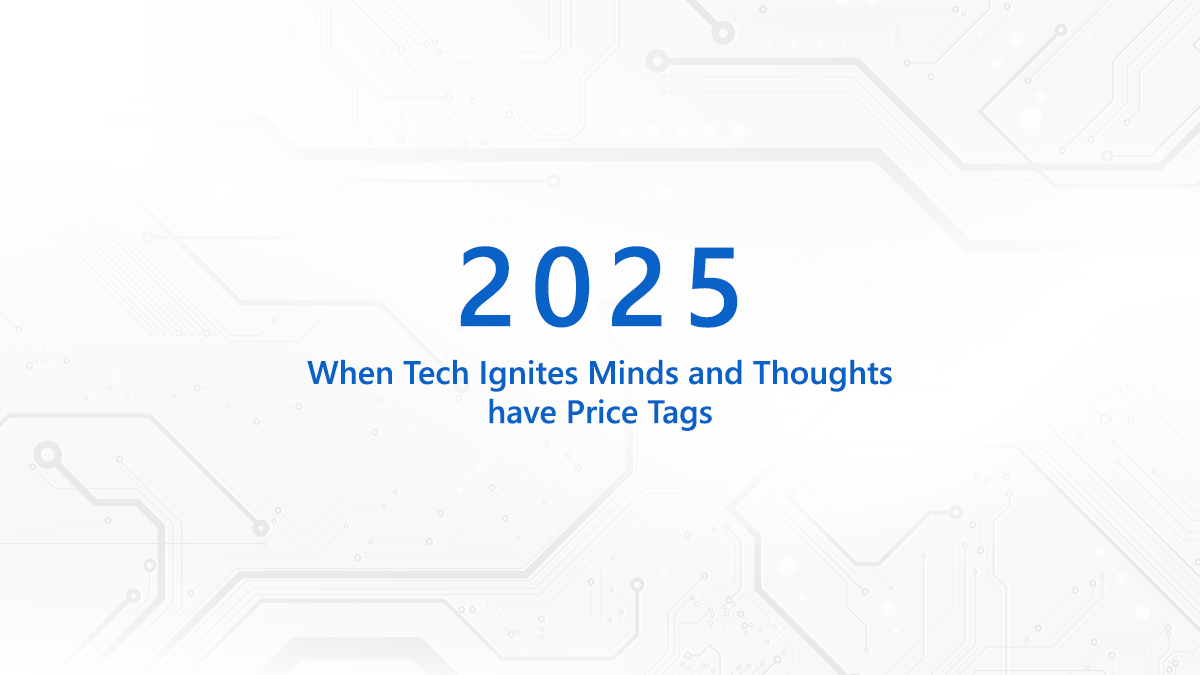
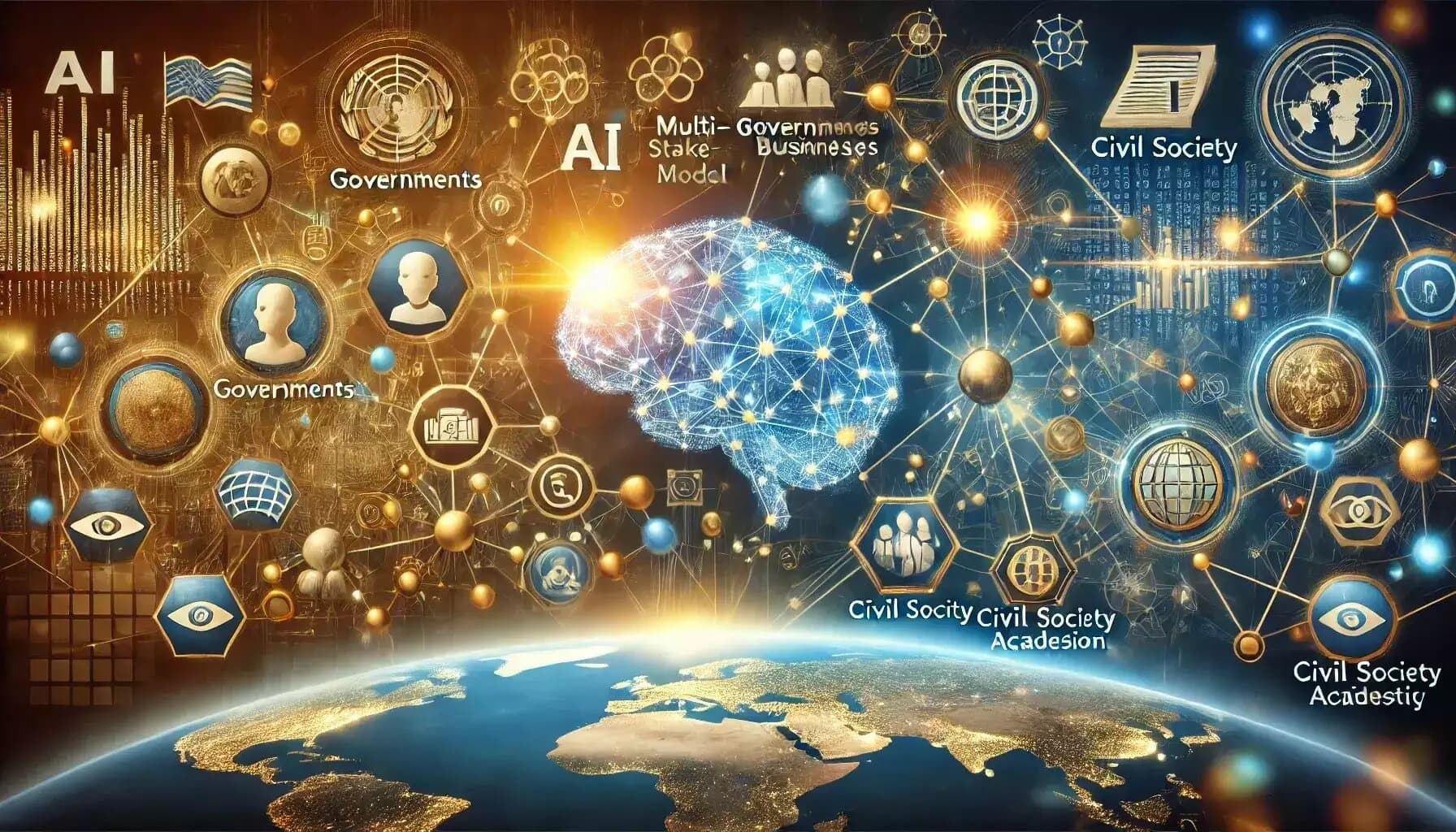

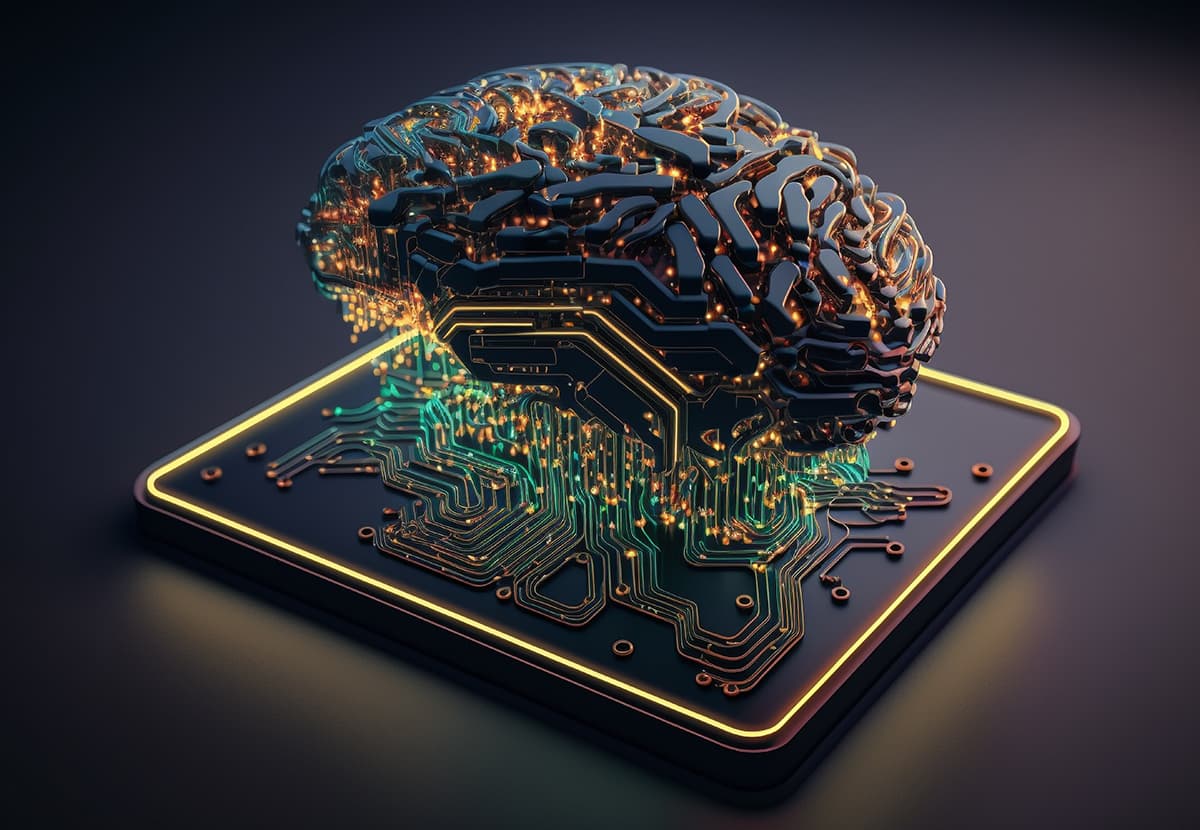













We will verify and publish your comment soon.